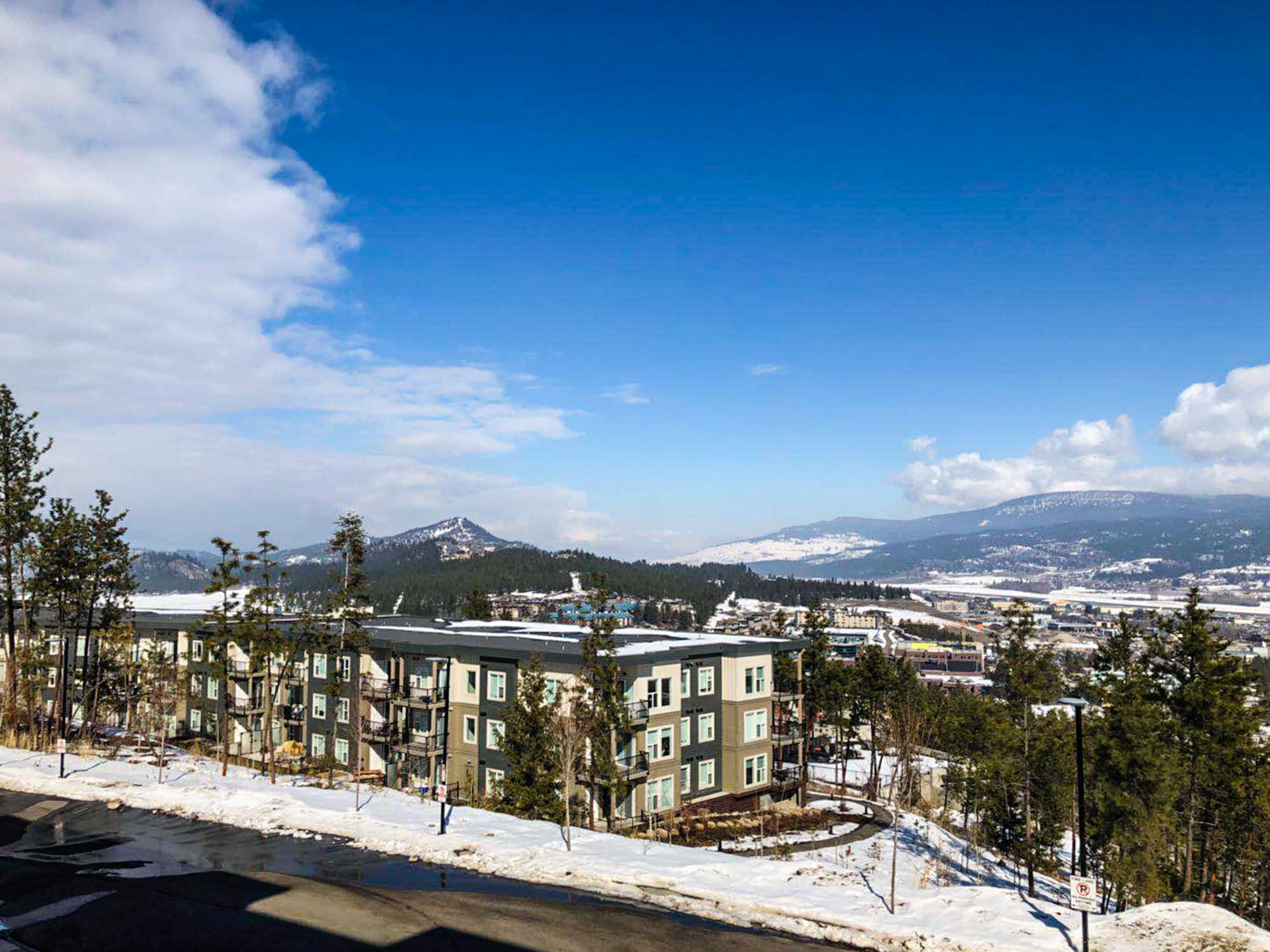Kelowna is well known for it's colleges and universities such as UBCO and Okanagan College; they are welcoming to students of varying languages while the temperate and comfortable climate attracts a lot of students each year to study abroad.
Most of the students live in a home-stay or rent with their classmates, because most of them do not know the direction of future development, and they do not have the experience to buy a house. They are afraid to buy a house and sell it.


There are many experienced host families (for home-stay) and rental properties in Kelowna. It is important to encounter a good host family as it will help in academic life. However, there are many host families that may not give you a good meal and may not meet some of your conditions. Renting a room or your own place can also have its own issues if you don't find a good place. Finding a good roommate is important as you can help each other and life can be enjoyable.
If you encounter a bad roommate, not only will your personal space be disturbed but sometimes you may run into worse issues. The same thing applies for finding a good landlord because choosing the wrong one can lead to rent increases and possibly bullying from the landlord themselves.
During Joanna's study in Vancouver, she experienced 11 times where she had to move without a car or money. Moving was troublesome and sometimes embarrassing. At that time the greatest desire was to have a car without safety problems and to have a warm and comfortable home with her own private space.
The idea of having your own place to live and study while being in Canada is common among most of the non-resident students. It is also not very difficult to obtain this goal in Canada as foreigners are allowed to purchase property within Canada.
If you are a non-Canadian resident in Canada and you want to buy a house, you may have the following questions:
Can you buy a house in Canada to help you immigrate?
In Canada buying a home will not help you with immigration, but it will not hinder your immigration. This is just one way of investing or having a place to stay when you come to visit Canada.
Can overseas buyers in Canada get a loan to buy property?
Yes you can get a mortgage or loan from a Canadian Bank to purchase a property in Canada. However each bank will have different requirements. Generally banks or lenders will require a bank letter of introduction and credit points verification letter from your home country. Of course, income in Canada will also be verified if you have any. You pay a higher down payment than Canadian citizens and permanent residents (at least 35%). The down payment amount must also already be within a Canadian bank account for at least 30 days prior to your purchase closing/completion date.
Is there a minimum age requirement to purchase?
You must be at least the age of majority within the province you plan to purchase in otherwise you will need your parents to also sign any contacts with you.
In British Columbia, the age of majority is 19 while in Alberta it is only 18.
(Age of Majority Reference Click Here)
What Fees Should I be Aware Of?
Property transfer tax: 1% on the first $200,000; 2% on the remaining $200,000 and 3% on any amount above $2 Million Dollars. (PTT Reference Here)
Attorneys' fees: Legal fees can range from $800 - $3000 depending who you use.
Home Inspection: $400- $800 depending on the size of the home
Property Tax: At completion of the purchase, the annual property taxes, management fees and other payments will be calculated. The Seller and Purchaser will each pay their designated amounts.
Possible GST: We highly recommend you speak to a lawyer or accountant regarding GST however on most new homes you will need to pay GST (Goods and Services Tax) which goes to the Federal Government of Canada. You can find the current tax rates here >> Click Here <<
Overseas buyers tax: If you plan to buy in the Greater Vancouver area you will need to pay a 15% overseas buyers tax; the Kelowna area (as of Jan 2017) does not need to pay this tax.
There are other fees that may be applicable, please consult with your professional Real Estate Agent.
What is the cost after buying a house?
Loans: Repayment can be monthly, or bi-weekly, but also once a week. Interest is slightly different depending on your contract.
Property tax: There is property tax from the city you live in which goes to pay for municipal services; there is a slight reduction in the property tax if you qualify for the exemptions which you can find here.
Property management fee (Strata Fee): If you own a Strata property, you will typically need to pay a monthly property management fee, including housing insurance, public facilities maintenance, some water and electricity, snow and other expenses. These will vary depending on your strata.
Housing insurance: You will want to have home insurance which protects you in the chance of damage to your property or belongings inside the property.
Rental income tax: If you purchase a home and you rent out a portion of it, you are required to claim that income and pay taxes. Of course, there are many projects can be counted for tax reduction, such as loans, land tax, management fees, repair costs, utilities and so on. Please consult with your accountant.
What are the costs for selling a house in BC?
When a non-Canadian resident sells their house, all proceeds are reported to the Inland Revenue Department.
Asset Value Tax = (Selling Price - Purchase Price - Relevant Fees) * 25%
Ask your lawyer and accountant to help you apply for the Clearing Certificate of the Inland Revenue Department to confirm the amount of tax owing has been paid.
Realtor® Fees: The seller normally pays out a commission to their real estate professional to help them sell their property. There are no standard commission rates in Canada so you can negotiate this fee with your Realtor®.
Legal Fees: Roughly the same as purchasing and can be anywhere between $800 - $3000 depending on who you decide to use. Make sure to ask about fees from your lawyer or notary before signing any contracts.
Mortgage Fees: Double check with your lender to find out if you have any early payment fees or cancellation fees.
There may be other fees associated with selling your property. Be sure to consult with your professional Real Estate Agent.

Click To Learn More About Kelowna Real Estate







